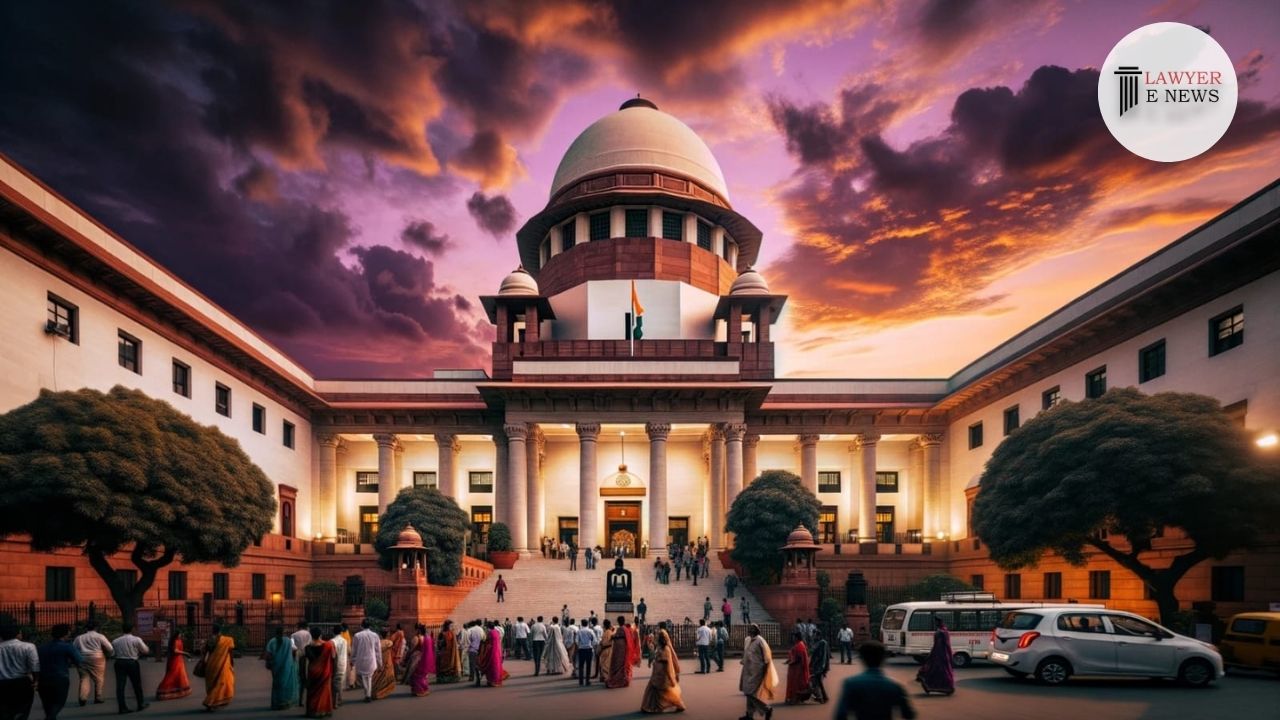-
by sayum
14 February 2026 2:22 PM



In a recent judgment, the Supreme Court upheld the High Court of Telangana’s decision to quash criminal proceedings against BMW India Pvt. Ltd. The case, which stemmed from allegations of cheating and fraud related to a defective BMW 7 series vehicle, culminated in the apex court directing BMW India to compensate the complainant with Rs 50 lakhs, thus bringing closure to a dispute that began in 2009.
The controversy originated when the complainant, GVR India Projects Limited, purchased a BMW 7 series vehicle on September 25, 2009. On September 29, 2009, the car exhibited serious defects, necessitating a visit to the workshop. A similar issue recurred on November 13, 2009, prompting the complainant to lodge a complaint on November 16, 2009, under Sections 418 and 420 of the Indian Penal Code (IPC), leading to the registration of FIR No. 336 of 2009. The complaint implicated the manufacturer, its Managing Director, and other directors as accused.
The High Court of Telangana, while allowing the investigation to continue, stayed the arrests of the accused. On March 22, 2012, the High Court quashed the criminal proceedings but directed BMW India to provide a brand-new BMW 7 series vehicle to the complainant in place of the defective one. This decision was challenged by both the State of Andhra Pradesh and the complainant, but not by BMW India or its directors.
The Supreme Court, comprising Chief Justice Dr. Dhananjaya Y Chandrachud, Justice J.B. Pardiwala, and Justice Manoj Misra, observed that the High Court had correctly concluded that the elements of the offense of cheating were not substantiated based on the FIR’s contents. The Court noted, “The High Court was required to address itself to whether a case for quashing was made out. Having come to this conclusion, there was no justification for the High Court thereafter to direct the manufacturer to replace a brand new BMW 7 Series vehicle.”
During the hearings, it emerged that BMW India was willing to comply with the High Court’s directive to replace the vehicle. However, the complainant opted instead for monetary compensation equivalent to the car’s value, along with interest.
The Supreme Court exercised its jurisdiction under Article 142 of the Constitution to ensure complete justice. The Court noted that pursuing the prosecution nearly fifteen years after the dispute’s inception would not serve the ends of justice. Consequently, it directed BMW India to pay Rs 50 lakhs to the complainant in full settlement of all claims.
The Court stated, “Bearing in mind the facts and circumstances of this case, we are of the considered view that the manufacturer, BMW India Private Limited, should be directed to pay a consolidated amount of Rs 50 lakhs in full and final settlement of all claims in dispute.”
The Supreme Court’s judgment underscores the judiciary’s role in balancing legal principles with equitable remedies. By directing a substantial compensation payment, the Court provided a practical resolution to a prolonged dispute while affirming the High Court’s quashing of the criminal proceedings. This landmark decision not only highlights the importance of timely and fair resolutions in consumer disputes but also sets a precedent for addressing similar cases in the future.
Date of Decision: July 10, 2024
State of Andhra Pradesh vs. BMW India Pvt. Ltd. & Ors.
